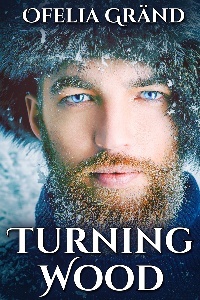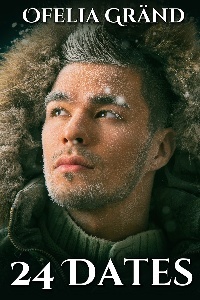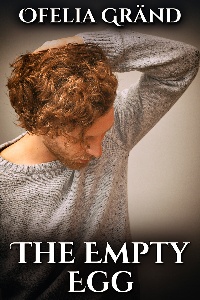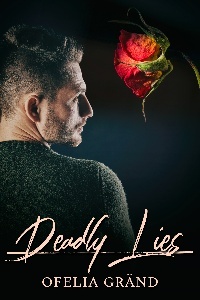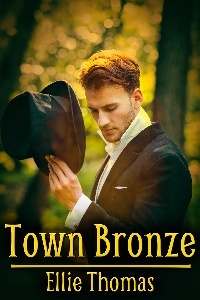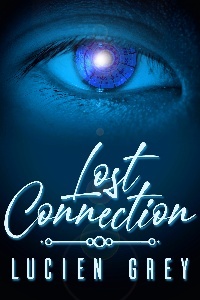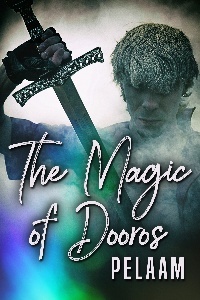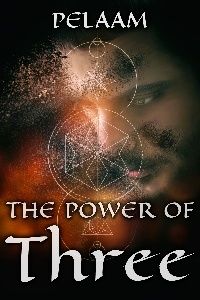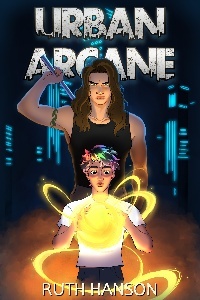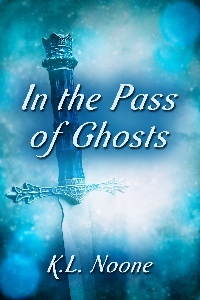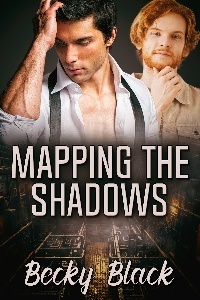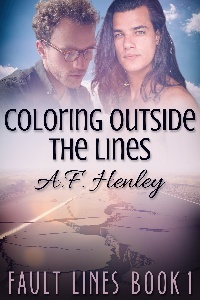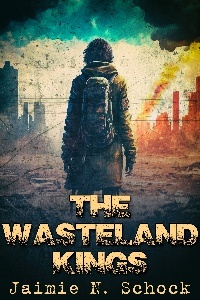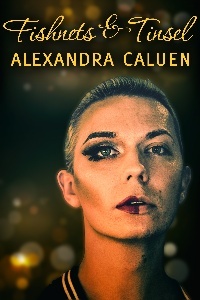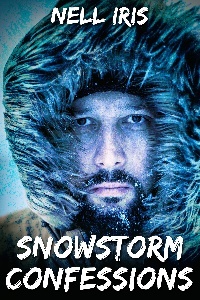Lorne Kimbrel, a student and part-time short-order cook, needs money, and he needs it fast. His parents have died due to illness, and the tax department waits for no one.
In steps a man named Dass who promises Lorne a job. Lorne accepts, but when Dass opens a portal and they land on a space station, Lorne realizes that he’s just become part of something greater.
His job? A cook for the scouts of the Peace Federation whose primary mission is to go to various worlds and assess them as potential resettlement places for refugees.
Lorne adapts slowly, but he has two things going for him—he can cook fast, and he can hurl knives with unerring accuracy. That earns him the affection of Mikidra (Miki) Menorkana, a super scout with the Federation.
Miki trains Lorne, and he learns what it means to be a scout and uphold the tenets of the Federation, those being integrity and justice.
However, a race known as the Outliers, horrid, ghoulish creatures, are after a weapon that the Federation possesses and will stop at nothing to get it. Lorne and Miki have to stop them from fulfilling their mission—even at the cost of their lives!

Tacoma, Washington, St. Agnes Cemetery. Nine AM. December fourteenth. Three PM.
Cancer was truly the slime of the disease world. Other diseases could be treated or even cured, but cancer remained the one scumbag of a cellular disruption that defied even the best and most inventive treatments. It had just claimed my mother.
My father had died of a heart attack six months earlier, and then my mother got the Big-C verdict and wasted away to nothing. They were the same age, forty-two, the magical number of the internet, but to me, that number simply meant the year they’d reached before some insidious disease did them in.
A cold wind whipped around the silent land of the dead, and the minister, a man well over seventy, withered by time and life and perhaps the loss of his own family members, finished the eulogy and asked me if I wanted to say something. I shook my head and softly said, “No.”
He nodded and concluded the service. I’d never been religious, but my parents had been Protestant, and my mother had asked to be buried here, next to my father.
As I walked from the graveyard back to my house, I felt bitterness creep its way from the pit of my stomach to my throat. Then I spat it out. No one from my school had bothered to say they were sorry. No one else from school had come to the funeral out of sympathy. Fine, when it happened to them, guess who wouldn’t show up?
Then I caught myself. Sure, they were being selfish and uncaring, but that’s how things were. In their minds, getting involved meant being weak or thinking too much about someone else. They had their lives, I had mine…and that was it. Cry world.
No, cry me, and while changing clothes in my room, I caught sight of myself in the full-length mirror. “You look so much like your father,” my mother had said the previous year when I’d turned seventeen.
Perhaps it was true. He’d been tall—six-one—with a slender build, a hatchet face, blue eyes, and dirty-blond hair. I resembled him in his build and face, although my physique—if it could be called that—bordered on the skeletal and anemic. I weighed around one-sixty…maybe. Working out wasn’t my thing.
As for the rest of me, green eyes and dark hair completed the picture. The hair and eye color came from my mother, who stood barely five feet tall with a slender form and a roundish, plain-pretty face.
My father had been a quiet sort, but he’d tried his best to teach me right from wrong and instill some decency in me. He’d been supportive, we’d had good talks and played catch and so on when I was younger, and that was all I could have asked for.
After he died, my mother drowned her sorrows in alcohol, probably to hide the pain from her diagnosis. She hadn’t told me about it until three months ago, and by then, there was nothing to do but wait.
Now, I was truly alone. Half of me hoped that someone from school would come around my house to offer their condolences, but due to the winter flu and other variations on Covid-19, Christmas vacation had started early at my school two days ago, so strike anyone coming over. It was the holiday season, joy to the world, and goodwill to all men…
Not me. I’d seen Diane Gabaldon, a girl from my homeroom class, about a week earlier while I was on my way to the hospital. I’d told her about my situation, and she said that she was sorry, but that was it.
I blamed myself for the no-friends thing. I’d never been the social sort. It was difficult to explain, but I’d always felt that I’d been born on the wrong world. Not that I thought I was better than everyone or worse, just different.
Commonality with my fellow students was something we didn’t share. They liked sports or the latest in music or movies, and I simply wasn’t interested. I figured there had to be a better life somewhere else. Where it was, I didn’t know, but it was out there, somewhere…
Ping-pong.
Front doorbell. I opened the door to face a middle-aged man wearing a cheap suit and horn-rimmed glasses. “My name is Glenn Masterson,” he said. “Are you Lorne Kimbel?”
“It’s Kimbrel. Lorne Kimbrel.” The least he could do was get my name right, and wasn’t it wonderful I had a visitor just before the holidays? Not that I cared, and what was he here for anyway?
Masterson apologized. “I’m sorry for coming around at this time of year.”
Sure, he was, but he’d come anyway. “Who are you with?”
“The tax department.”
Long story short, after I’d told him my tale of woe, he said that my parents owed taxes, which was news to me. I gave him my age—eighteen—and told him that I was an only child. He looked at my bank book, made a few grunting sounds, consulted a notebook he pulled from his pocket, and finally said, “Oh, this isn’t good.”
This isn’t good? I just buried my mother, and he’s saying this isn’t good? Still, I had to be tactful. “Uh, what isn’t?”
“As the sole heir, you’ll have to pay the taxes you owe on this estate,” he replied after giving a sigh, probably for my benefit, or maybe his, for making his job more difficult. “Did your parents leave a will?”
“No.”

